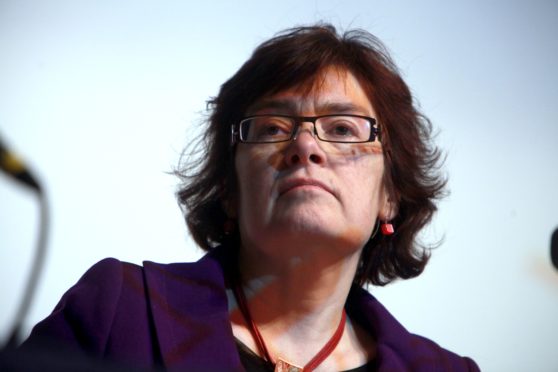
In these uncertain times, when the events of each day seem stranger than the last, those keen to predict our post-Covid world can seem full of certainty. We’ll all work from home, apparently; climate change will ease; we’ll drive less and shop local; and we’ll even appreciate our neighbours, united in a new-found community. What’s not to like?
The future feels a far-off place but our priorities, the things that feel are essential in our lives, have been transformed in a few short weeks. However, while imagining a better tomorrow might help us through today, we must not forget the challenges that many people were facing before the pandemic.
Only two weeks ago, their problems deserved our full attention and they still do: women suffering or at risk of domestic violence; young people desperately awaiting a mental health assessment; low-paid, contract-free workers seeking security, families depending on food banks, the list goes on.
This pandemic must not be permitted to be used as an excuse to take our eye off the ball or see us retreating from hard-won social progress.
We cannot allow further funding cuts to public services, to let rogue employers to continue to pay poor wages, or not ensure staff are safe at work. And, crucially, we must not normalise the massive scale of the voluntary, unpaid work of those unsung heroes who have stepped up to help.
As a modern society we are supposed to fund the work they do with a well-functioning health and social care service – not hope we have enough volunteers when a storm comes.
It is heartening to imagine that we are seeing the emergence of a new mood of equality and neighbourly support, but let us not lose sight of what is happening in the here and now.
My responsibility as an MSP and Scottish Labour’s job are the same: to help those Scots most in need, before and after Covid-19, and continue to remind the Scottish Government of its responsibilities to society as a whole. We must lead the way as new social and political boundary lines are drawn because how we reshape our priorities now offers a rare chance to create a fairer, more inclusive Scotland.
In this terrible crisis, we owe it to those who we are losing to build a better society. We must not let down future generations.

Enjoy the convenience of having The Sunday Post delivered as a digital ePaper straight to your smartphone, tablet or computer.
Subscribe for only £5.49 a month and enjoy all the benefits of the printed paper as a digital replica.
Subscribe